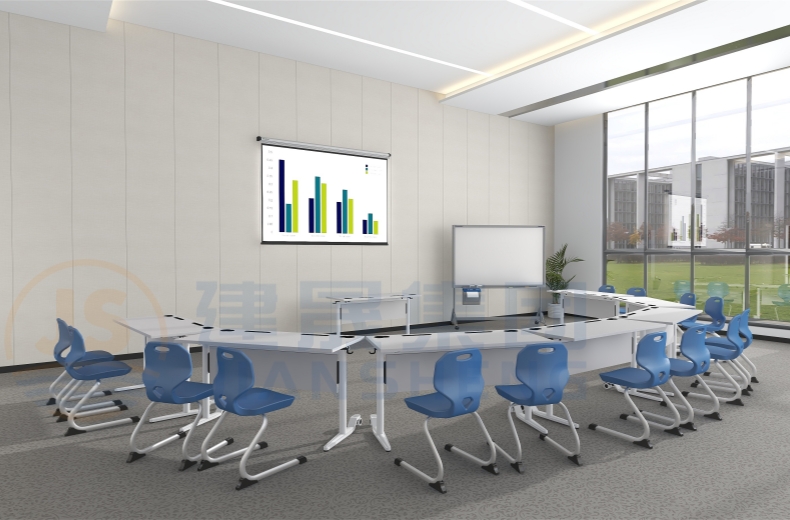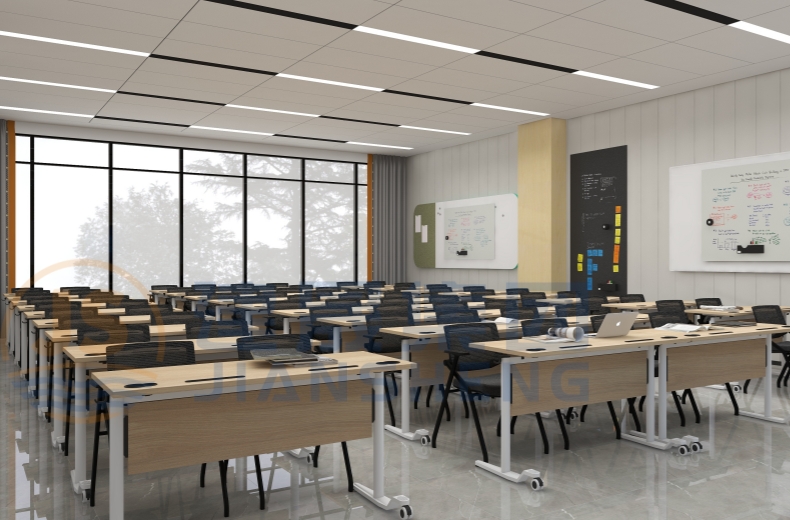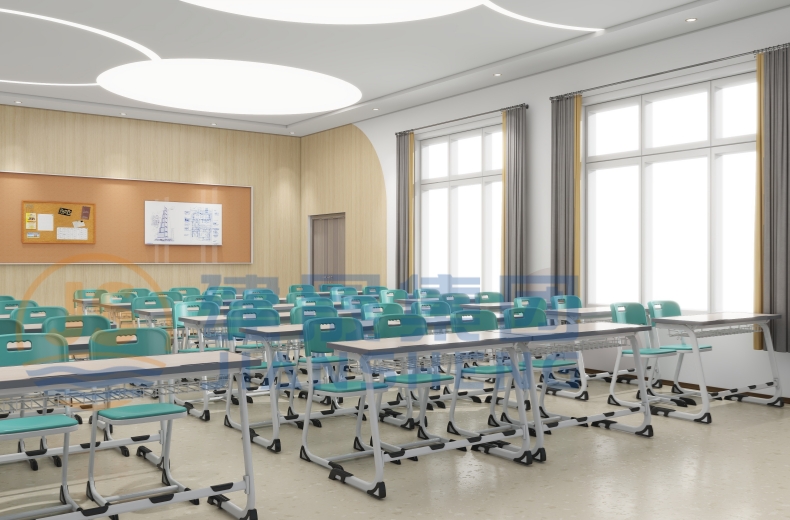- Home
- About Us
- Service
-
Solution
- Kindergarten Classroom
- Primary School Classroom
- Secondary School Classroom
- High School Classroom
- College Classroom
- Training Classroom
- Music Classroom
- Art Classroom
- Lecture Classroom
- Computer Classroom
- Library
- Principal Office
- Administration Office
- Meeting Room
- Reception Room
- Public Area
- Teachers' Office
-
Products
- Case Study
- News
- VR Designs
- Video Center
- JS Lab
- Contact Us

Common Problems and Solutions of School Furniture in European and American Countries
2024-05-31 22:00
Schools across Europe and America often face a range of issues with their furniture, but through research and innovation, many of these challenges are being addressed effectively.

1. Lack of Durability: School furniture must withstand daily wear and tear and frequent use by students. In many schools across Europe and America, the lack of durability in furniture has become a significant issue, leading to frequent replacements and repairs, which increase operational costs.
2. Poor Ergonomic Design: Students spend a considerable amount of time seated at desks and chairs. If the furniture is not ergonomically designed, it can lead to issues such as back, neck, and posture problems, negatively impacting students' health and learning efficiency.
3. Environmental Impact: The manufacturing process of traditional school furniture often generates substantial carbon emissions and waste, posing environmental challenges. In the context of growing emphasis on sustainability, environmental concerns have become a priority for many schools.

1. Using High-Quality Materials: To enhance durability, many schools are opting for furniture made from high-quality materials such as steel and reinforced plastic. These materials not only last longer but are also easier to clean and maintain, reducing long-term replacement and repair costs.
2. Incorporating Ergonomic Designs: Increasingly, schools recognize the importance of ergonomic design and are choosing desks and chairs that can be adjusted to fit students’ heights and body types. This provides a more comfortable learning environment and helps mitigate health issues arising from poor posture.
3. Adopting Eco-Friendly Furniture: To reduce environmental impact, schools are starting to purchase furniture made from renewable materials such as bamboo and recycled plastics. Additionally, some manufacturers are adopting low-carbon production processes, reducing the carbon footprint of their products.

Through continuous innovation and improvement, schools in Europe and America are making significant strides in addressing issues related to school furniture. The adoption of durable, ergonomic, eco-friendly, and versatile furniture not only enhances the learning experience for students but also supports the sustainability of the educational environment.
Get the latest price? We'll respond as soon as possible(within 12 hours)







